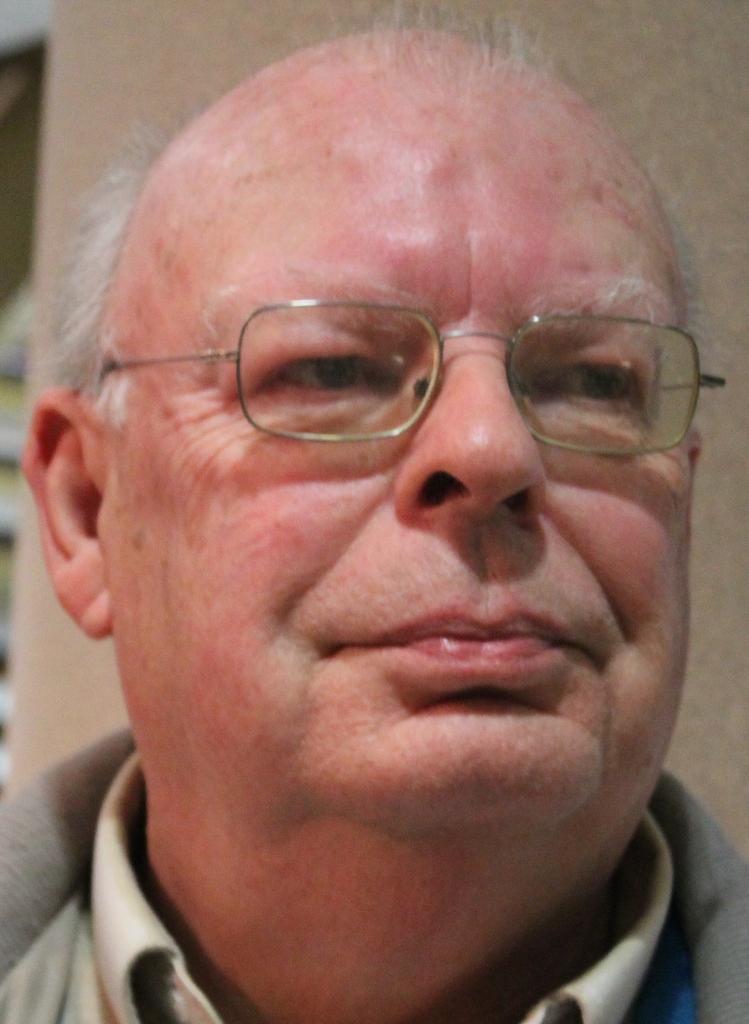The County Line
 The architectural style of the Hamilton County Courthouse continues to bring questions from visitors to Noblesville. The building is so familiar to locals that we don’t think much about it, but it is unusual among the state’s 92 county courthouses and one of the oldest in central Indiana. It’s called French Second Empire style which was briefly popular in post-Civil War America. The distinctive features are the mansard roof, dormer windows and huge clock tower.
The architectural style of the Hamilton County Courthouse continues to bring questions from visitors to Noblesville. The building is so familiar to locals that we don’t think much about it, but it is unusual among the state’s 92 county courthouses and one of the oldest in central Indiana. It’s called French Second Empire style which was briefly popular in post-Civil War America. The distinctive features are the mansard roof, dormer windows and huge clock tower.
The courthouse is 140 years old this year. It housed all county government offices for nearly a century. Since the 1960s many government functions have had to leave the Courthouse to find more space. Courts and court related offices moved to the new Judicial Center in 1992, but the Courthouse with its iconic tower still dominates the downtown area.
The courthouse was designed by Edwin May, a popular architect of his time who also designed the Indiana Statehouse about ten years after doing the courthouse. Through the years there were alterations to the interior and to the mansard roof, but in 1994 a major renovation restored many of the original features.
Getting the building started in 1877-78 was controversial. A referendum on whether to build the courthouse showed a majority of voters opposed spending the estimated $100,000 for construction. But, county commissioners decided to proceed. The site was the location of an older courthouse. The property had been given to the county in 1823 by William Conner with the provision that it would be used strictly for the seat of county government.
Construction on the present courthouse apparently began without a groundbreaking ceremony common today. It was the setting of the cornerstone that was ceremonially marked. During the 1994 renovation the cornerstone vault was opened. Its historic contents were copied or photographed and returned to the vault.
When the building was first occupied it had no electric lighting, no municipal water supply, no telephone and heating was to be provided by 16 fireplaces fitted with coal grates. But, almost immediately a central steam heating system was installed.
The building was the scene of two major events that drew national news coverage. In 1925, D.C. Stephenson, powerful leader of the Indiana Ku Klux Klan, was tried and convicted of murder in the Circuit Court. The outcome broke the power of the Klan which had controlled much of state and local government.
In 1965 national news carried the story of Circuit Judge Edward New’s citing of Noblesville Ledger editor James Neal for criminal contempt for a column Neal wrote criticizing a court policy on drunk driving. The case, eventually thrown out by an impartial special judge, was considered a significant test for ‘freedom of the press.’
For those who pass the courthouse often, but have never entered, it is worth a brief walk-through. The second floor courtroom is especially impressive. Some pieces of original furnishing are displayed around the building. Next to perhaps Conner Prairie, the courthouse is the county’s best historic gem.
